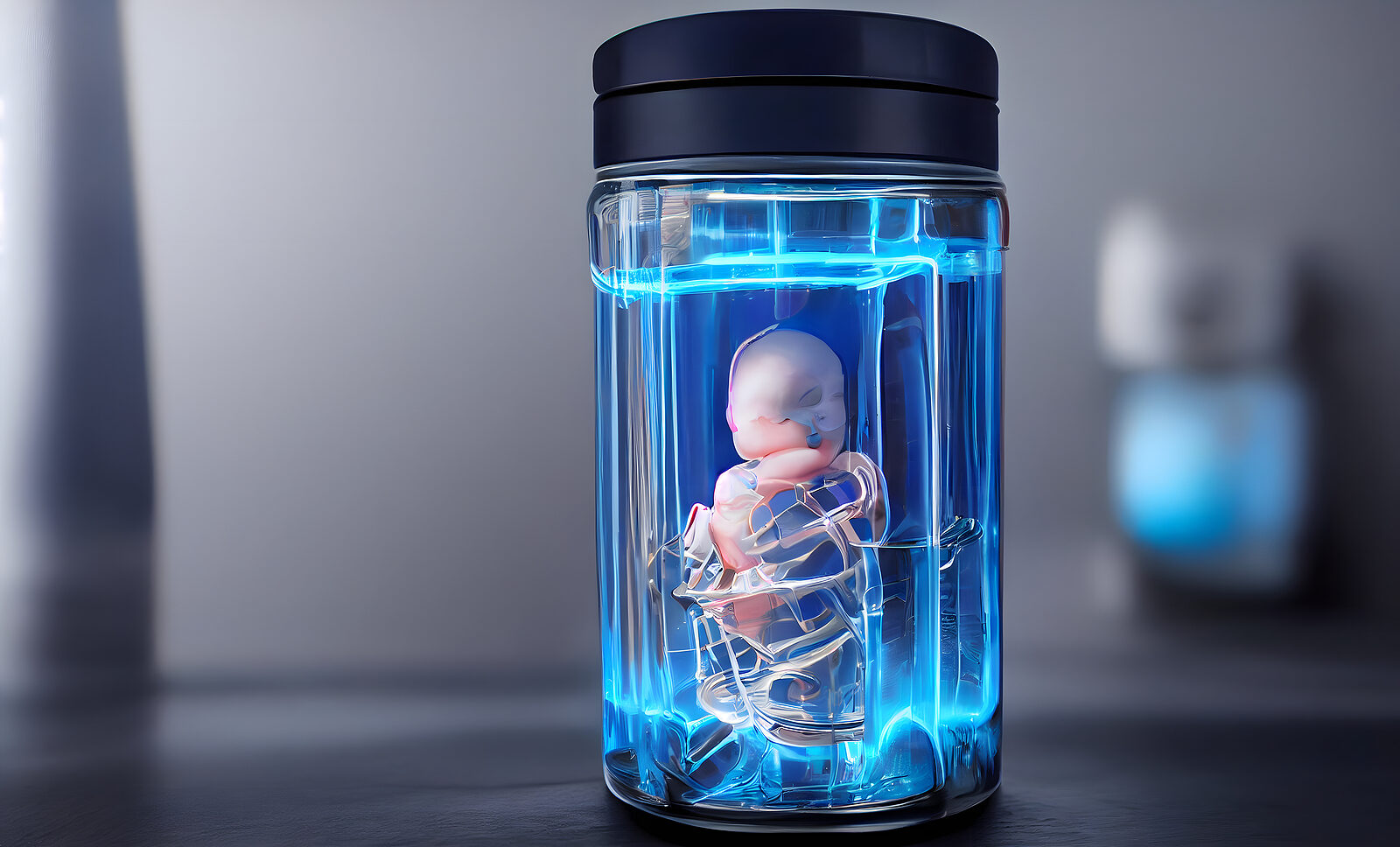
Artificial wombs will free women from ‘barbaric pregnancies’
It’s not here yet, but a Norwegian bioethicist has already constructed a moral argument for ectogenesis, or bringing babies to term in artificial wombs. Writing in the Cambridge Quarterly of Healthcare Ethics, Anna Smajdor, of Imperial College, London, contends that it is unfair for women to be “the sole risk takers in reproductive enterprises”. Although in vitro babies is a scenario straight out of Aldous Huxley’s Brave New World, Dr Smajdor points out that the window of time required for pregnancy is shrinking all the time. Embryos can be grown in Petri dishes for at least two weeks, and babies are viable at 21 weeks. So ectogenesis looks as though it could be viable.
How about her arguments for a process which she acknowledges has a big “yuk factor”? Are they also viable? Her first point is that “pregnancy is barbaric”. It is unjust that half of the population undergo its dangers to renew the population. An injustice calls for a remedy. Second, pregnancy “often takes a serious toll on [women’s] autonomy”. Ectogenesis would provide this.
Furthermore, nine months in a test tube would be unlikely to affect children. If one were to say that gestation is needed for a mother to bond with a child, all step- and adoptive parents would be insulted. “Physical gestation of a child is thus neither necessary nor sufficient for the development of a loving parental bond,” she says.
What importance should society give to ectogenesis as a social need? Dr Smajdor is realistic: at the moment its chances of becoming a top priority for government welfare funding is small. But the day may come: “just as it was thought absurd that women should vote or ride horses astride, so it may come to seem absurd that they were chained to the degrading and dangerous processes of pregnancy and childbirth simply because of our inability to get our heads round the possibility of an alternative.”
- How long can you put off seeing the doctor because of lockdowns? - December 3, 2021
- House of Lords debates assisted suicide—again - October 28, 2021
- Spanish government tries to restrict conscientious objection - October 28, 2021
